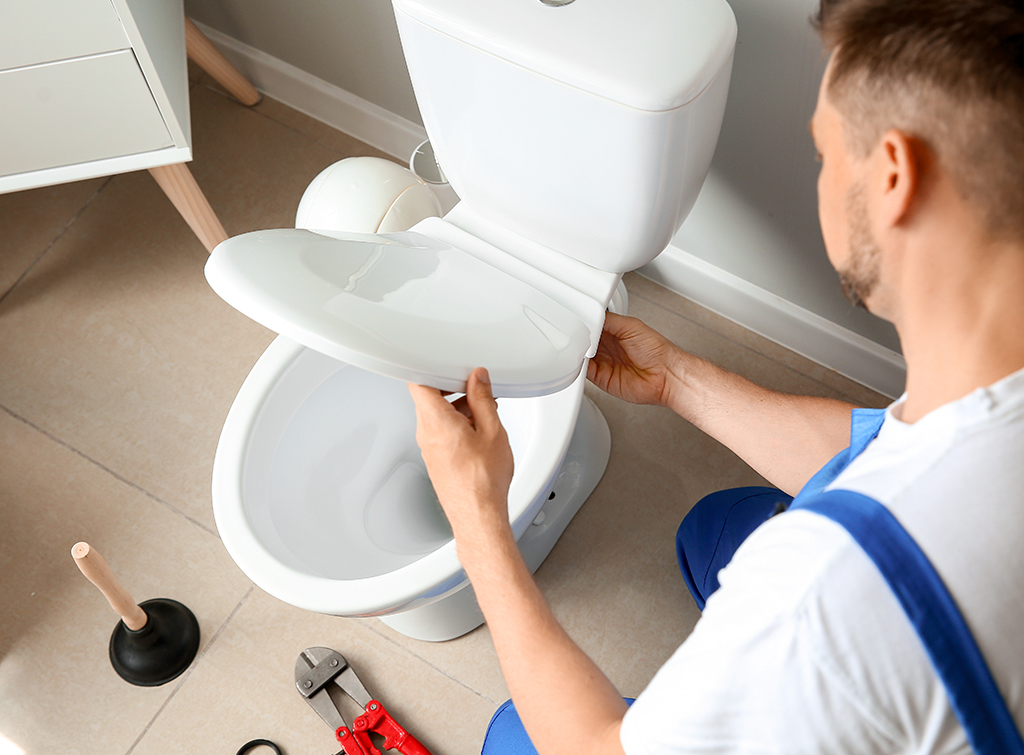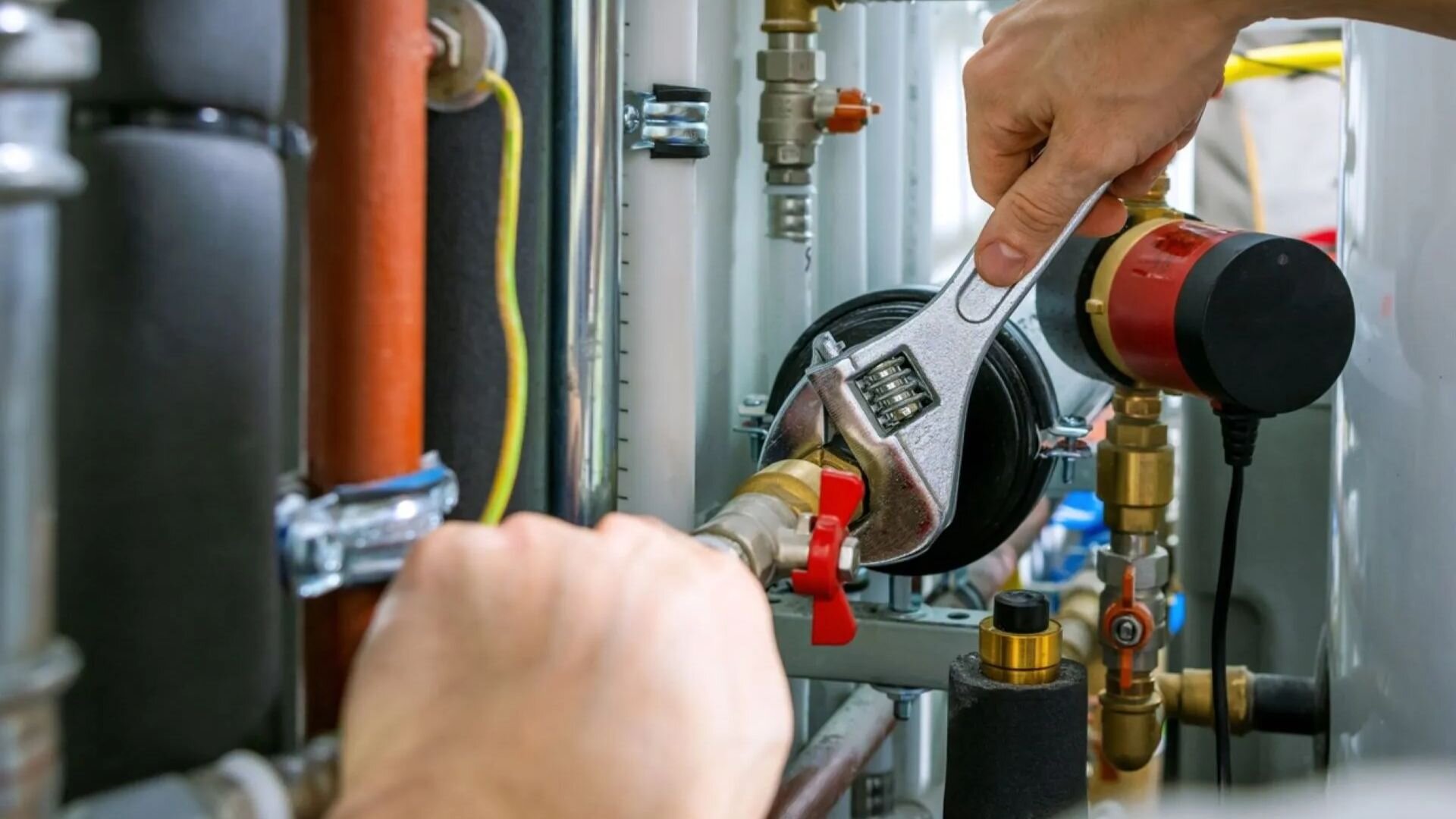Tips on How to Maintain Your Bathroom Plumbing: Essential Tips for First-Time Home Buyers
Tips on How to Maintain Your Bathroom Plumbing: Essential Tips for First-Time Home Buyers
Blog Article
We've uncovered this great article pertaining to 11 Must-Read Tips for Plumbing a New House directly below on the web and reckoned it made perfect sense to share it with you here.

For new homeowners, understanding and keeping bathroom plumbing can conserve both time and money by stopping costly concerns down the line. Here are some crucial restroom plumbing suggestions to assist you maintain whatever running smoothly.
Acquaint Yourself with the Key Shut-Off Shutoff
Recognizing where the major water shut-off shutoff lies in your house is vital. This permits you to promptly switch off the water in case of significant leakages or throughout plumbing emergency situations, stopping substantial water damages.
On A Regular Basis Check for Leaks
Small leaks can lead to big troubles. Consistently examine under sinks, around bathrooms, and near plumbing fixtures for any signs of leakages. Try to find moisture, small drips, or rust. Capturing and repairing leakages early can stop much more major damages and conserve water.
Don't Disregard Slow Drains
If your sink or bath tub is draining pipes slowly, it's often an indicator of a blockage developing. Addressing this very early can stop a total blockage. Utilize a plunger or a plumber's snake to remove debris. Stay clear of utilizing chemical drain cleansers as they can damage your pipes with time.
Know What Not to Flush
Bathrooms are not garbage disposals. Stay clear of flushing anything apart from toilet tissue and human waste. Items like wipes, womanly hygiene items, and cotton swabs need to be thrown away in the trash to avoid blockages and sewage system backups.
Mount Strainers in Drains
Location filters in your sink and bathtub drains pipes to catch hair and other particles prior to they enter your plumbing system. Cleaning up the strainers routinely will assist prevent buildup and maintain water streaming freely.
Keep Your Hot Water Heater
Ensure your water heater is readied to a suitable temperature level (generally around 120 levels Fahrenheit) to prevent scalding and minimize power usage. Flush the storage tank yearly to get rid of sediment accumulation, which can minimize the efficiency and life expectancy of your heating system.
Upgrade Your Components
If your home has older components, consider upgrading to a lot more reliable models. Modern bathrooms, showerheads, and faucets are created to make use of much less water while providing excellent stress, which can dramatically reduce your water expense and ecological footprint.
Beware with Do It Yourself Pipes Fixes
While it's appealing to deal with all home repairs on your own, beware with plumbing. Some issues could call for professional competence, specifically if they include major water lines or drain repair services. Hiring a specialist can in some cases be extra cost-effective than DIY, especially if it avoids further damage.
Prepare for Cold Weather
Shield your pipelines from cold throughout winter by protecting pipelines in unheated locations like cellars, attic rooms, and garages. Throughout severe cool, allow cold water drip from taps served by subjected pipelines to assist stop freezing.
Arrange Routine Maintenance
Consider scheduling annual assessments with a licensed plumbing professional. They can detect concerns that you may miss, such as surprise leaks or deterioration on pipes and components. Normal maintenance aids expand the life of your pipes system and can avoid emergency situations.
Verdict
Recognizing and preserving your home's shower room plumbing can prevent several usual concerns. By complying with these necessary suggestions, you can ensure your washroom continues to be practical and effective, saving you money and time over time.
Essential Plumbing Tips for Homeowners: Keep Your Pipes Flowing Smoothly
As a homeowner, understanding the basics of your plumbing system can save you time, money, and a lot of headaches. Plumbing issues can range from minor annoyances like dripping faucets to major problems like burst pipes that cause significant damage. This guide provides essential tips to help you maintain your plumbing system and tackle common issues.
Understanding Your Plumbing System
Supply System: Brings fresh water into your home from a municipal source or a well. Drain-Waste-Vent System: Removes wastewater and vents sewer gases outside. Fixtures and Appliances: Includes sinks, toilets, showers, dishwashers, and washing machines. Basic Maintenance Tips
Regular Inspections: Periodically check for leaks, corrosion, and other signs of wear and tear. Look under sinks, around toilets, and near water heaters. Know Your Main Shut-Off Valve: In case of a major leak, you’ll need to shut off the water quickly. Ensure everyone in your household knows where the main shut-off valve is located. Prevent Frozen Pipes: In cold climates, insulate exposed pipes and let faucets drip during extreme cold to prevent freezing. Use Strainers: Install strainers in sinks and tubs to catch hair, food particles, and other debris that can cause clogs. Common Plumbing Issues and Solutions
Clogged Drains:
Prevention: Avoid pouring grease down the drain and use drain screens to catch debris. DIY Fix: Use a plunger or a plumbing snake to clear minor clogs. For stubborn clogs, a mixture of baking soda and vinegar can sometimes help. Leaky Faucets:
Prevention: Replace washers and seals regularly. DIY Fix: Turn off the water supply, disassemble the faucet, and replace worn parts.

Details Here Report this page